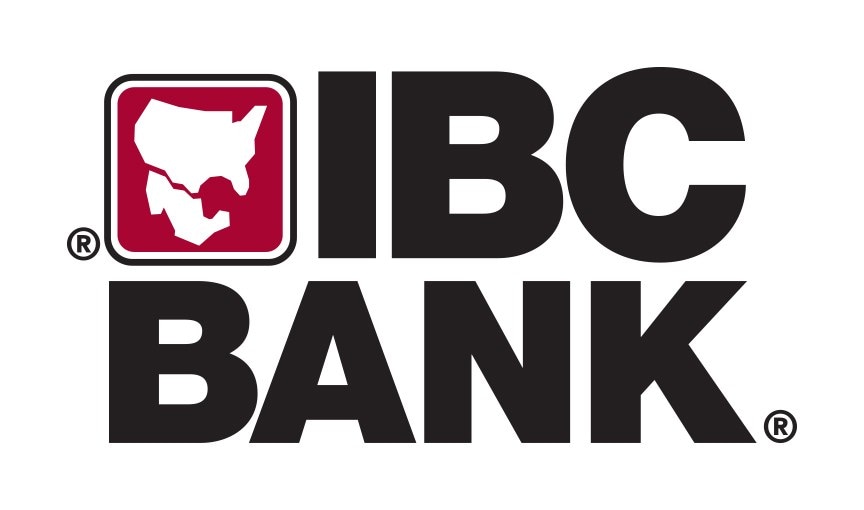Newsroom
Say "No" to Credit Card Competition Act

For consumers, the ability to pay for goods and services has never been easier or filled with more options. In addition to traditional payment cards such as Visa, Mastercard and American Express, new platforms including PayPal, Venmo and Apple Pay have emerged and flourished. Competition in the payments sector is robust, providing consumers not only with choices but also with benefits in the form of lucrative rewards programs.
Yet some people in Washington believe they know better than the free market and think they know what's best for consumers. Senators Dick Durbin, D-Ill., and Roger Marshall, R-Kan., have introduced the so-called "Credit Card Competition Act of 2023." The bill, while doing nothing to increase competition, will actually harm consumers and small businesses for the benefit of big-box retailers.
The presumed benefits of this bill rest on the theory that if banks are forced to include additional "unaffiliated" payment networks for their credit and debit cards, that the existing networks will lower the fees merchants pay to process the cards - approximately 1.5 percent to 3.0 percent per transaction - and then pass those savings on to consumers. Real world experience tells us otherwise.
Back in 2010, the Durbin Amendment to the Dodd-Frank Act capped those interchange fees, again based on the theory that major retailers would pass the savings on to consumers. Yet research by the Federal Reserve Bank of Richmond found "the vast majority of merchants in the survey (77.2 percent) did not change prices post-regulation, very few merchants (1.2 percent) reduced prices, while a sizable fraction of merchants (21.6 percent) increased prices."
While consumers saw no economic benefit following the Durbin Amendment, those who preferred to use debit cards lost desirable reward programs, which providers could no longer afford with interchange fee caps. Additionally, free checking accounts for consumers were all but eliminated. The costs of implementing this latest exercise in failed economic theory are likely to kill off reward programs for credit cards in the same way. The largest credit card issuers paid consumers nearly $68 billion in rewards in 2022, according to a LendingTree analysis.
Consumers are likely to lose out in another big way - weakened security. Fraud management and network security are critical requirements for banks in selecting their payment networks. Banks have a responsibility to protect their customers against fraud and loss of private data. The new Durbin-Marshall bill would undermine that responsibility by mandating banks to add new payment networks, regardless of their commitment to security.
With card issuers forced to use untrusted payment networks, merchants are likely to suffer from increased fraud as well. Major retailers - the ones that will benefit from reduced transaction fees - may be able to absorb those additional fraud costs. Small retailers and restaurants won't be able to do so. The fraud threat is real and growing, driven by artificial intelligence. Visa reported that it blocked $30 billion of fraudulent transactions in the first six months of 2023 alone.
Again, we know from experience what happened after the Durbin Amendment of 2010. Research for the International Center for Law and Economics found that "although the Durbin Amendment had generated benefits for large-box retailers, it had harmed many other merchants, especially those specializing in small-ticket items, and imposed substantial net costs on the majority of consumers, especially those from lower-income households."
The free market is working just fine when it comes to payments, and consumers have benefited from the innovation that has taken place. We don't need the government to be picking winners and losers. If this bill passes, consumers will lose their rewards.
For more information, please visit handsoffmyrewards.com. Contact your U.S. representative and Texas Senators John Cornyn and Ted Cruz and ask them to oppose the misnamed Credit Card Competition Act of 2023 that would smother innovation with a government mandate that rewards untrusted payment networks and big-box retailers at the expense of consumers, small retailers and community banks.
Gus Barrera is president and CEO of IBC Bank-Corpus Christi.



